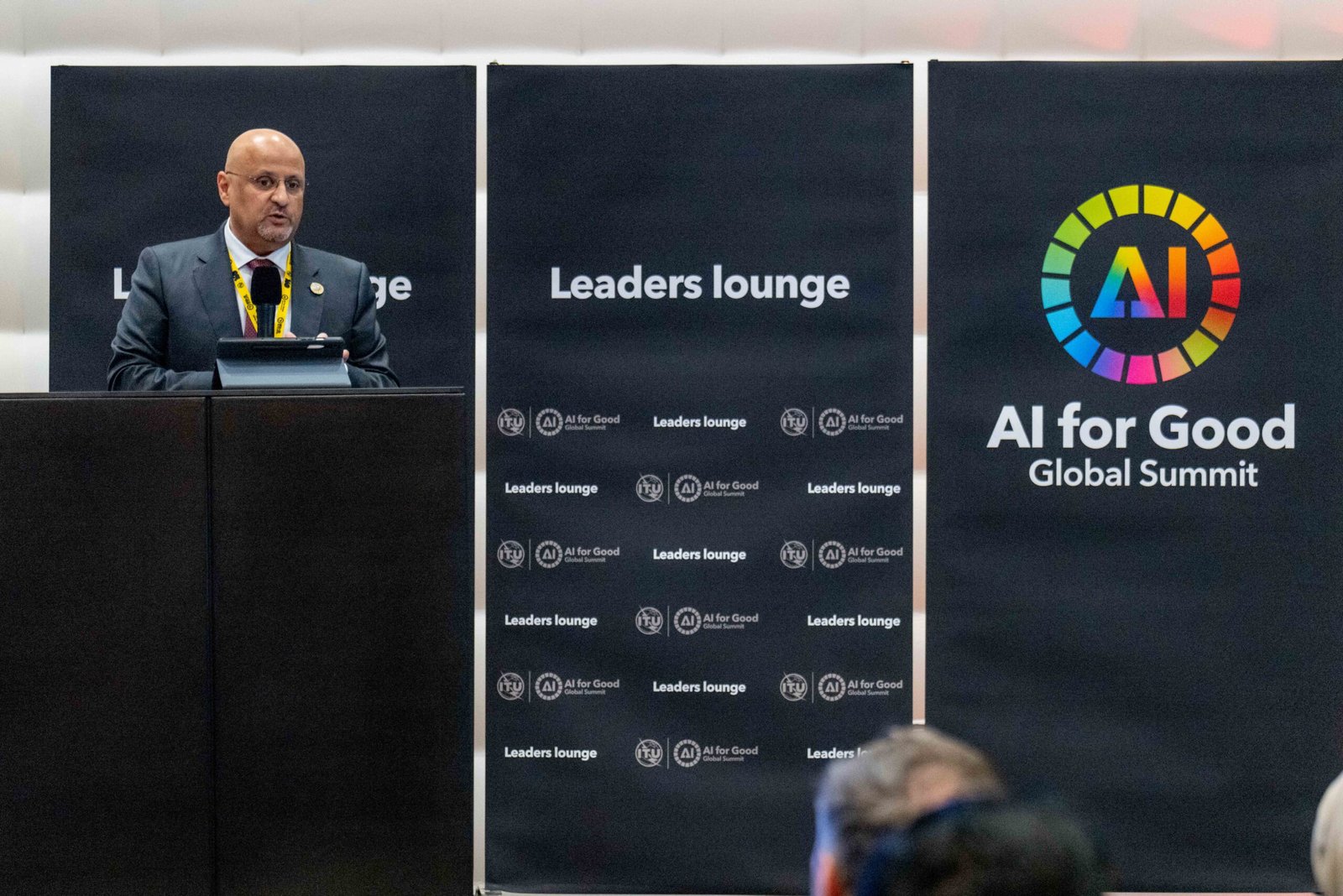The Digital Cooperation Organisation (DCO), of which Cyprus is a member, has launched a new AI Ethics Evaluator Policy Tool to support the responsible development and deployment of artificial intelligence.
The tool was officially unveiled at the AI for Good Summit 2025 and the World Summit on the Information Society (WSIS+20), held in Geneva, Switzerland.
The DCO is the world’s first standalone intergovernmental organisation dedicated to accelerating inclusive and sustainable digital economies across its 16 Member States.
The launch marks a major milestone in operationalising the DCO’s Principles for Ethical AI, endorsed by Member States earlier this year.
The AI Ethics Evaluator is designed to help governments, organisations, and individuals systematically assess and address ethical and human rights risks associated with AI technologies.
Moreover, it produces a visual report along with tailored, actionable recommendations.
The tool was launched by Omar Saud Al-Omar, Minister of State for Communication Affairs of Kuwait and current Chairperson of the DCO Council for 2025, during a high-level session at WSIS+20.
“The tool aims to guide developers and users of AI technologies regarding the potential impact on human rights, alignment with ethical standards, and the application of strategies to mitigate these impacts,” Al-Omar said.
He explained that the tool is based on DCO research into AI governance and shaped by extensive consultations with global experts and stakeholders.
The Evaluator follows a structured self-assessment model covering six categories of ethical risks as defined by the DCO’s principles.
Al-Omar added that the launch reflects the organisation’s ongoing efforts to transform commitments into action, calling the tool a concrete example of progress.
“We are laying down a shared ethical foundation,” said Deemah AlYahya, Secretary-General of the DCO.
“Because AI without ethics is not progress, it’s a threat. A threat to human dignity, to public trust, and to the very values that bind our societies together,” she said.
She noted that the tool is meant not only for governments but for all actors shaping the digital economy, to ensure innovation is aligned with shared values.
“This is not just another checklist. This is a principled stand,” AlYahya said.
She added that the tool tackles algorithmic bias, data exploitation, and other ethical blind spots by translating principles into enforceable action.
“It is built on global best practices and grounded in the fundamentals of human rights,” she said.
“This tool gives developers, regulators, and innovators the power to transform abstract ethics into tangible accountability,” she continued.
AlYahya highlighted the tool’s practical utility, pointing to features such as fairness audits, privacy safeguards, transparency scoring, and accountability mechanisms.
“This isn’t just a diagnostic, it’s a compass. A tool to help nations and innovators stay on course toward human-centered, rights-driven AI,” she said.
“We launched it because ethical AI is not a luxury, it is urgent. It is non-negotiable. And it is a responsibility we all share,” she added.
Alaa Abdulaal, Chief of Digital Economy Intelligence at the DCO, provided an overview of how the tool works.
“The future of AI will not be shaped by how fast we code, but by the values that we choose to encode,” said Abdulaal.
He explained that the tool operationalises the DCO’s principles through structured self-assessments that help users identify, evaluate, and address ethical and human rights challenges.
The launch brought together ministers, policymakers, civil society representatives, and AI experts from across the globe, contributing to the growing international dialogue on AI governance.
The event concluded with a call for greater cross-sector collaboration to ensure AI technologies are developed and deployed responsibly.
Several Member States and private sector partners have already expressed interest in piloting the Evaluator within their national frameworks.
The DCO reaffirmed its leadership in digital cooperation through the launch, underscoring its mission to ensure emerging technologies support inclusive and sustainable development.
Founded in November 2020, the DCO brings together 16 Member States, including Bahrain, Bangladesh, the Republic of Cyprus, Djibouti, The Gambia, Ghana, Greece, Jordan, Kuwait, Morocco, Nigeria, Oman, Pakistan, Qatar, Rwanda, and Saudi Arabia.
Collectively, the organisation represents nearly 800 million people and a combined GDP of approximately $3.5 trillion, with more than 70 per cent of the population under the age of 35.
The DCO works to accelerate digital transformation by promoting inclusive policies, expanding markets for small and medium-sized enterprises, and empowering women, youth, and entrepreneurs.
Since 2022, the organisation has also held observer status at key global institutions, including the United Nations General Assembly, allowing it to engage in international initiatives focused on advancing the digital economy.

























